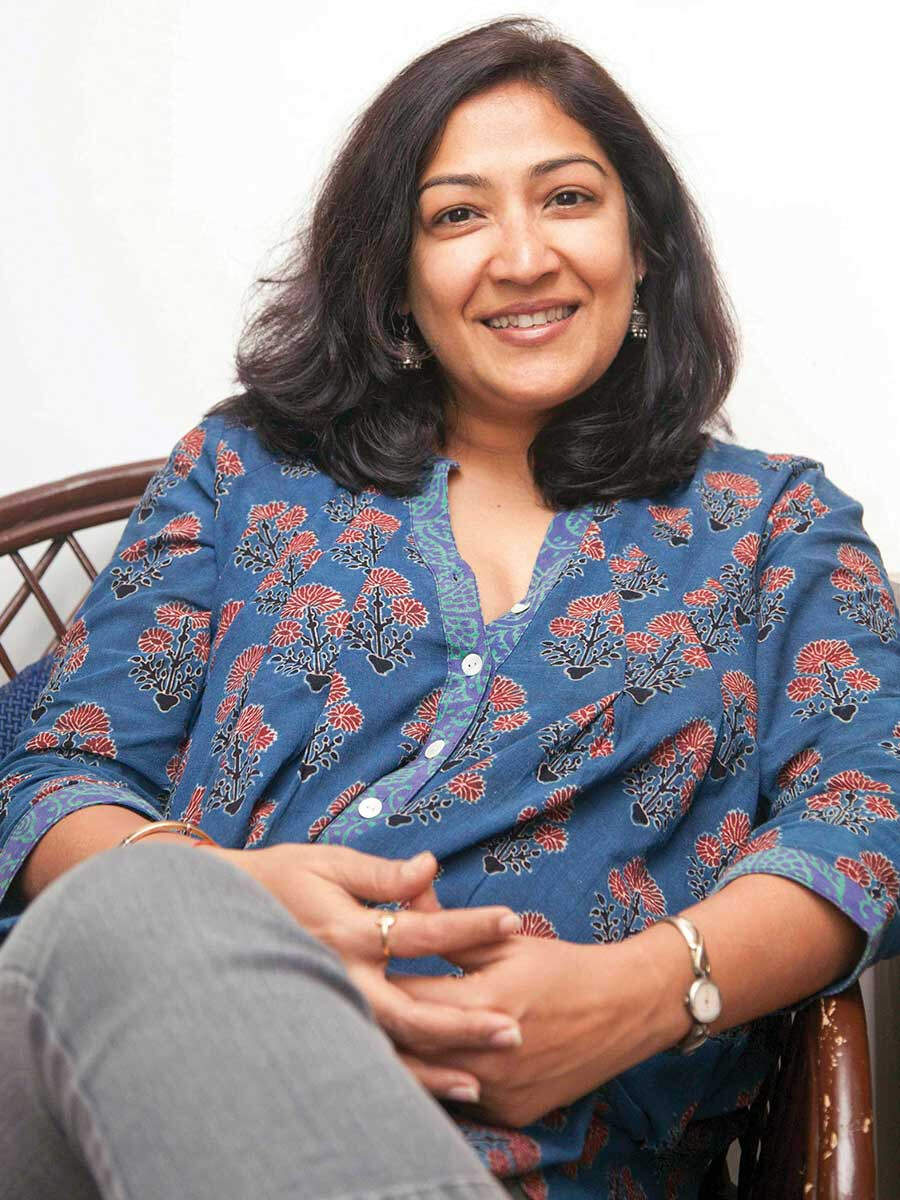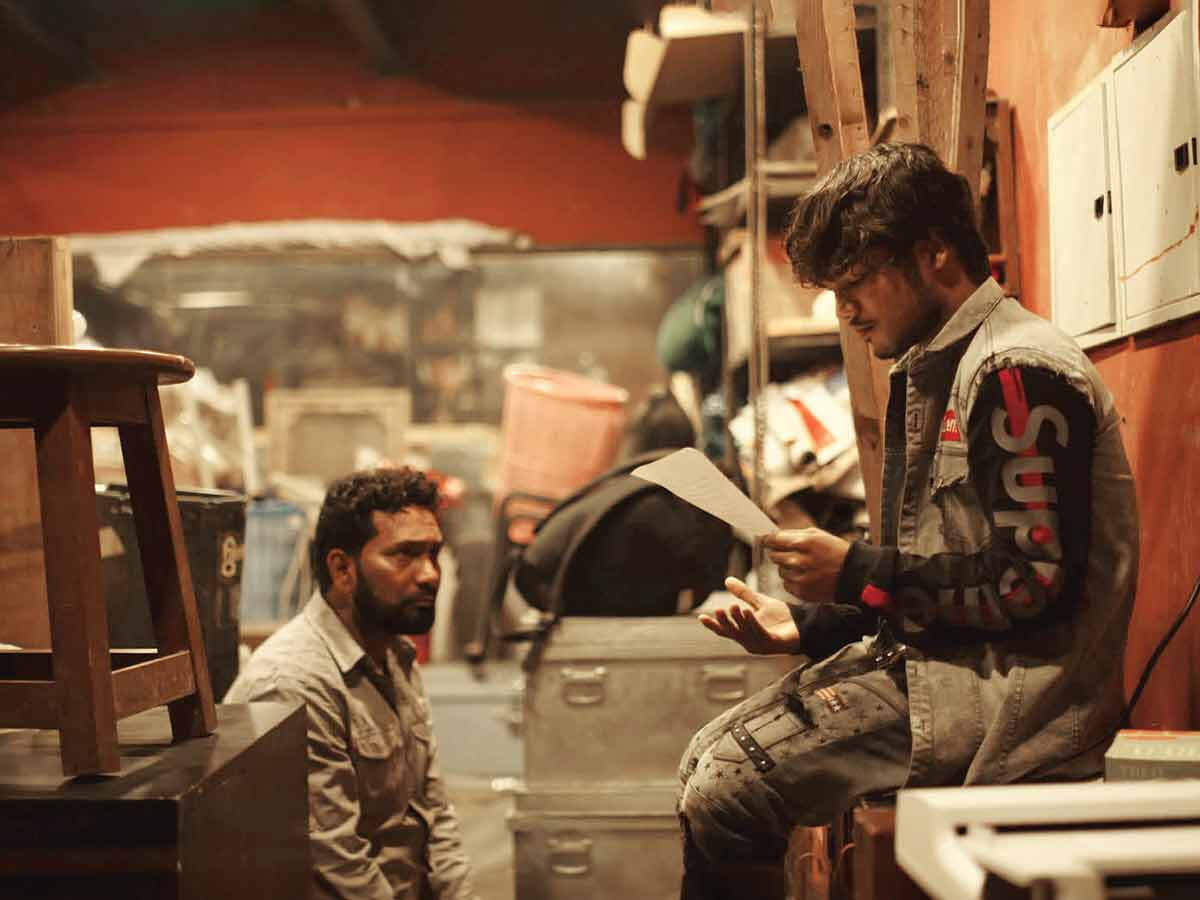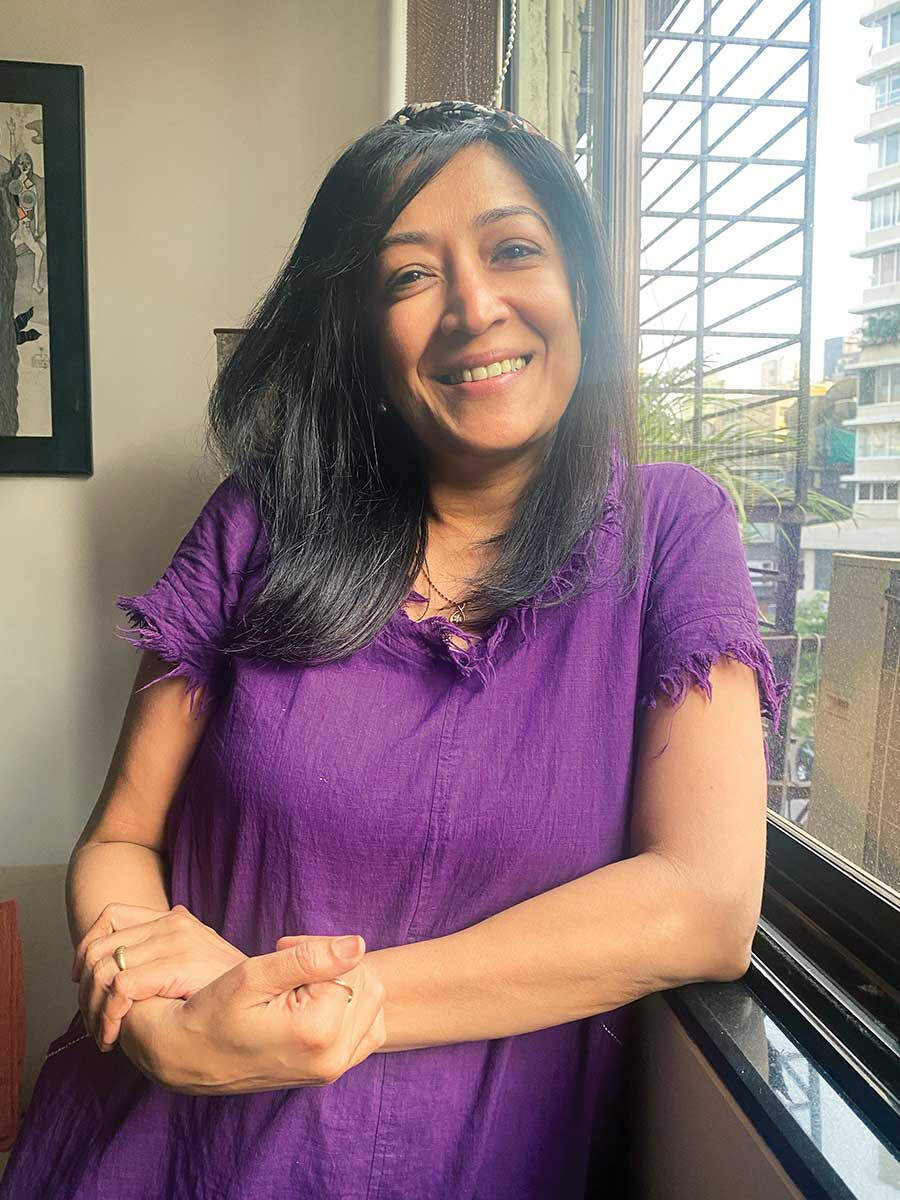What inspired you to create First Act?
First Act focuses on the way parents and casting agents deal with young kids. It highlights how the creativity of the child is often obstructed due to the pressure from them. Amole and I are very careful when working with children; we shoot with them for only 3-4 hours. We keep trying to tell the industry that you need to be very, very careful while working with children.
How does the industry typically handle child actors?
If you ask any child actor casually how much time they shot, they will say it took 10-12 hours. When you’re on set, the industry doesn’t bother with the child’s working hours. We just go crazy that we need to take the next shot. Nobody is following the rules; everyone does it their own way. It’s the industry’s responsibility to enforce the rules and regulations in place. In America, if the permitted time according to age is 4 or 5 hours, they will pick the child up and leave. They are strict about it. Here, parents can be selfish, greedy and desperate and the child suffers.We don’t know how to respect the capacity of a child. How much is the threshold? How much should you push them? So I wanted people to just look at it and rethink. I would like to borrow Amole’s line, he always says, “Baccho ko voting rights nahi hain.” Agar vote bank hote na toh then we would do it. Kal koi inko vote bank banata toh puri economy badal jati. It works out.

What changes would you like to see in the industry?
We need to self-introspect. Parents should consider how much they should push their children. When I interviewed casting director Mukesh Chhabra, he mentioned that he gets calls from women who say they are eight months pregnant and he should keep them in mind if he needs an infant. I mean, the child hasn’t been born yet. The extent to which parents go to push their children is alarming. Today, with OTT, Instagram and social media, there are even more avenues for parents to exploit their children. We need to self-reflect on our actions as parents.
Can you tell us about your son, Partho?
Partho is a very talented boy. He was always in plays, winning competitions and had a natural talent for performance and writing. After Stanley Ka Dibba, he didn’t do anything despite many offers. We would ask if he could work only on Saturdays for four hours, but the response was always, “How will we shoot the film like that?” So, we never encouraged him. We never wanted to commercialise his talent. Have you seen him in anything else other than those two films?
How did you train Partho for his role in Hawaa Hawaai?
For Hawaa Hawaai, we were ready with a more challenging role. I took him to Vidarbha, where we stayed in a proper family house. He lived in the village for two to three weeks to understand the life of a dead cotton farmer’s son. He met boys who had lost their fathers and stayed with them. It was tough for him, but it was important for him to understand what he was doing and the society he was portraying. He learnt much from the process and grew both as an actor and as a person.
Did you ever force Partho to act?
No, we never forced Partho to do anything. Until he could decide for himself, we protected him. When he was a child, he was into acting, but as he grew older, he needed to focus on his studies and make his own choices. Now, at 22, he can do whatever he wants. He is more into writing than acting and has directed small shorts and studied in LA. He has done a film with Chitra Palekarji. It’s a 17-minute long film which Partho made under the guidence director of Jurassic World, Colin Trevorrow. Partho received an award. And now he has done this along with his friends independently.

What is your process for editing a film?
I get involved from the script stage. Directors usually send me the first draft and I give my feedback. When the material comes, I start editing immediately. It’s a collaborative process with constant feedback and adjustments. Tuning with the director is crucial, and by the time the shoot is ready, the first lineup is almost done.
How has your editing process evolved over time?
I’ve edited around 25 films, but each one is a new challenge due to the digital age. There is so much material now with multiple takes, cameras and inputs from various stakeholders. It’s important to have a firm ideology and belief in your editing style to maintain the vision of the film. My loyalty is always with the film, making it the best it can be. You have to be very firm in your ideology, in your editing style and your belief, so that you can hold on to that vision, with which you started to edit something. That is very important, like I always say you know editing is one thing but ethical editing, ethics, without playing politics, to work for the film, not for the person, just to please the star or the producer.
Do roles often change after editing is complete?
Yes, it happens if the script is too long or the film needs to be shortened. These decisions are made collaboratively, but I’ve been fortunate to work with good directors who are prepared. Sometimes tough calls are necessary, but overall, I’ve had a positive experience.
Do you feel editors are appreciated in the industry?
Editors are often behind the scenes and don’t seek glory. People appreciate us less, but that’s okay. It’s a star-driven industry. However, in the West, it’s beautifully done. We need to focus more on the finer aspects of filmmaking rather than just the superficial details. Being part of a good film is the most beautiful thing.

What do you love about the film industry?
I love that it’s a secular place where religion doesn’t matter. We work together harmoniously. The industry has also opened up quickly to women. When I started, I was assisting Govind Nihalani in 1996 on direction, we were hardly four women on sets. Today, you look at the ratio 50 per cent. It’s been a welcome change. They are running magazines, running shows running production. They are producers, directors. So I see this is very inclusive. Compared to many many other sectors, I find that the film industry is very loving and very open towards women.
What’s next for you?
Amole and I have written a high school show focusing on children in the 8th and 9th grades. We are pitching it to different platforms. I’ve reduced my editing work to focus on this show and my writing. However, editing is still my first love, and I always find myself coming back to it for projects that excite me.















